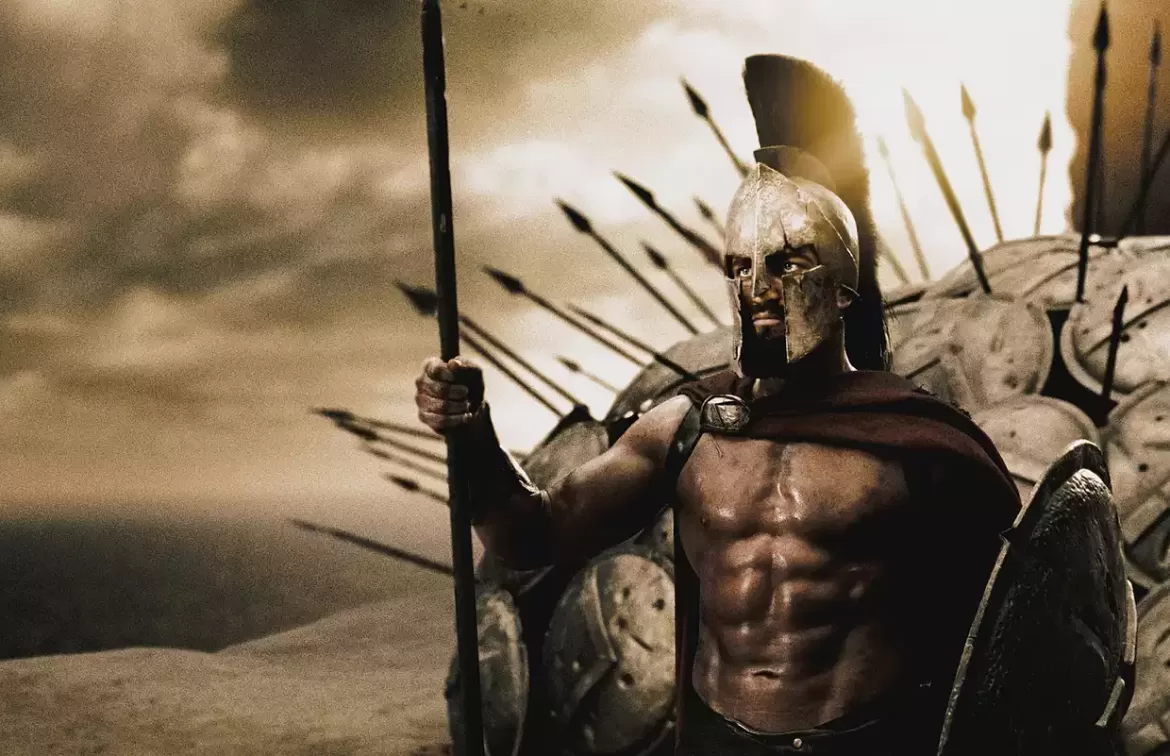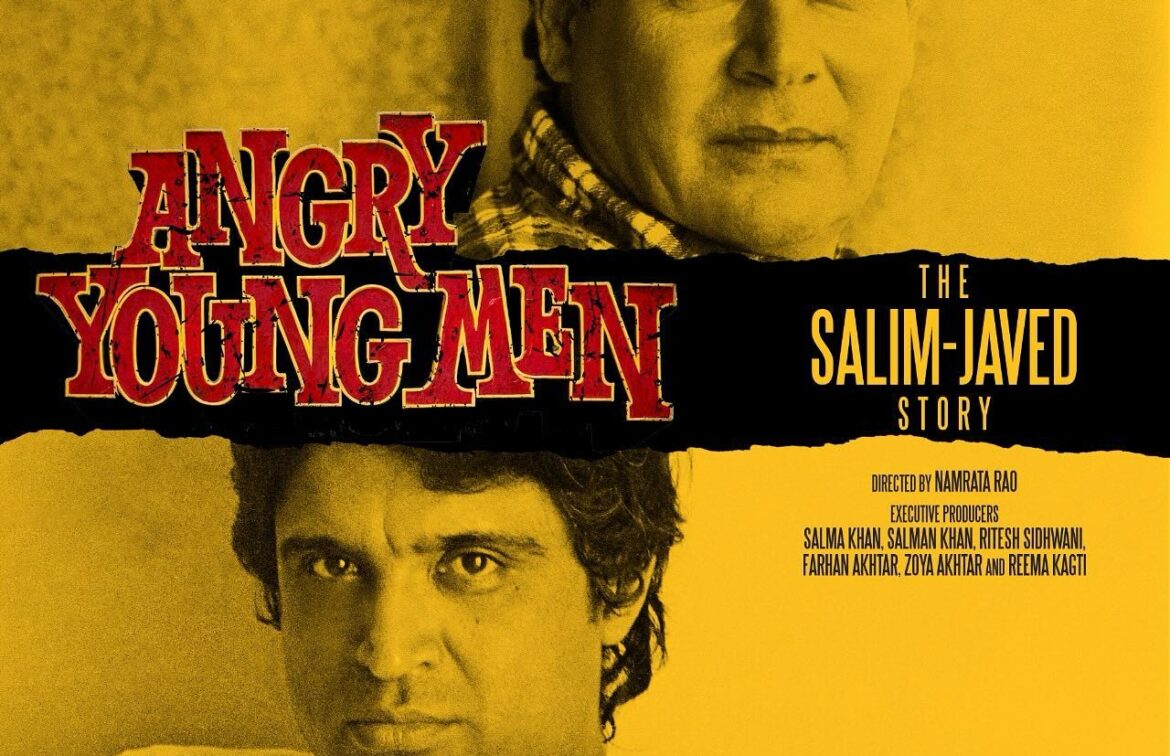What are the best war films based on historic military last stands?
Ever since hearing “This is Sparta!” in Zach Snyder’s adaptation of Frank Miller’s comic book ‘300’, some part of my brain that’s programmed to love both history and war films has had me seek out films that are inspired, often loosely, on last stands throughout history. If you know history even a little bit you know there are quite a lot of last stand / David vs Goliath stories – some where the underdogs lose and others they turn it around. Whatever the result, you know when movie magic gets involved it is portrayed as intense and gripping as possible to the end! That’s largely why I’m such a fan of these films, and why I felt I should share my list of favorites for anyone else seeking these same thrills.
Full List of Films:
300 (2006)
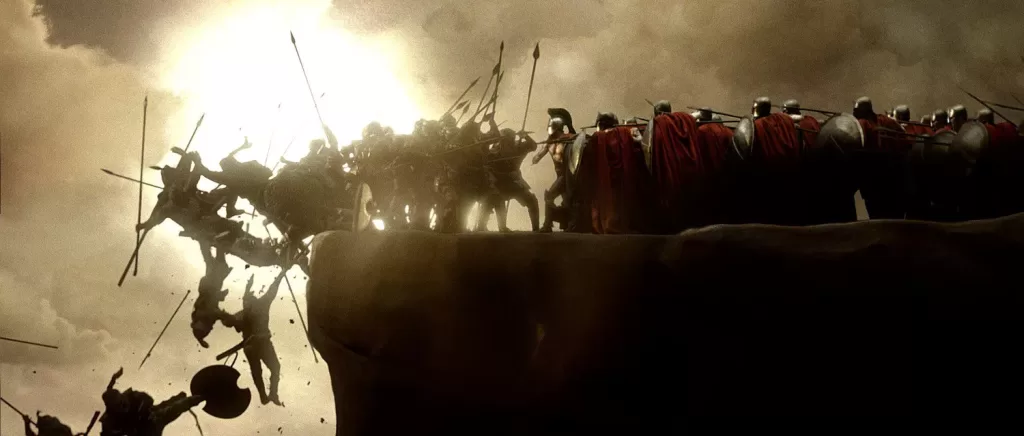
Copyright Warner Bros. Pictures
King Leonidas of Sparta and a force of 300 men fight the Persians at Thermopylae in 480 B.C.
300 in so many ways is the standard bearer, not even because its the best, but thanks in part to the meme-ification it’s by far the most famous. For anyone who had to study Western Civilization/History it also may be one of the more well known last stands in history classes as well, and so there’s a vague familiarity. Of course as with so many of these films precise accuracy isn’t the entire point, so undoubtedly your teacher would poke holes at the details. Still though it was indeed a harrowing battle, and the stories of this battle became legend, so its perhaps fitting 300 now has its own mythos and legend in film culture that has inspired many similar films from then on, for better or worse.
The Admiral: Roaring Currents (2014)
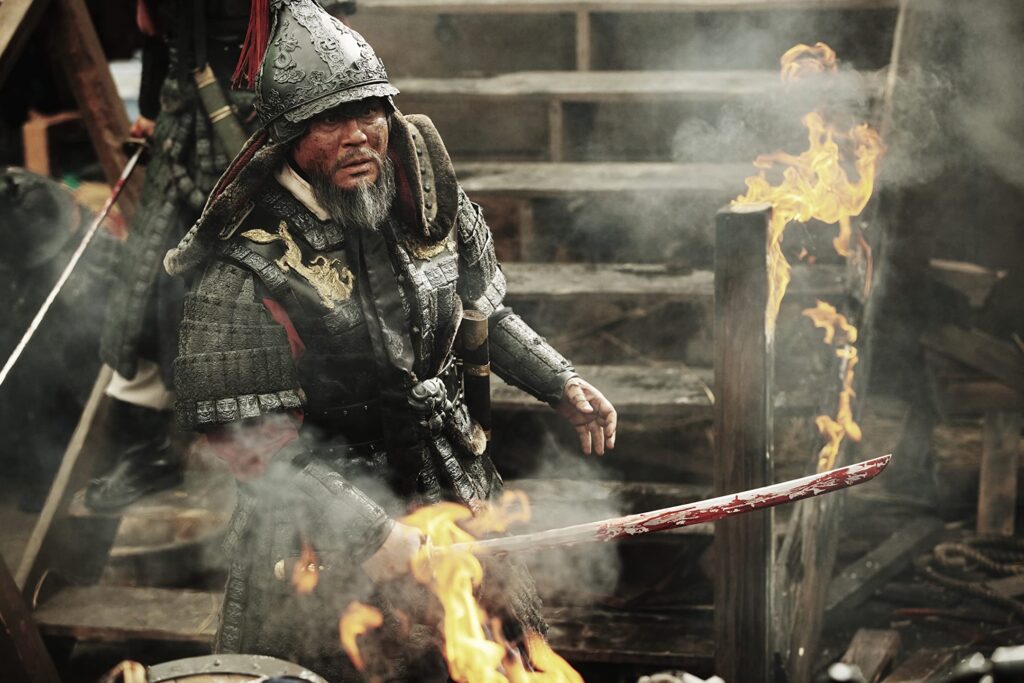
Admiral Yi Sun-sin faces a tough challenge when he is forced to defend his nation with just 13 battleships against 300 Japanese enemy ships in the Battle of Myeongryang.
So many last stand films take place on land, and if you watch a lot of these as I do you may find The Admiral: Roaring Currents a nice change of pace because you get the same thrilling action but in the sea! Likewise, as a lover of Korean history, I’ve long heard about Turtle ships, and played Age of Empires where they were featured, but I’ve never seen a great visual representation on screen. Well The Admiral: Roaring Currents doesn’t disappoint with their portrayal of these historically immense ships! Likewise this is a rare moment where on of these films kicks off a trilogy, following subsquent real life battles of Joseon Admiral Yi. Yi certainly knew how to get he and his men out of a scrape!
Kesari (2019)
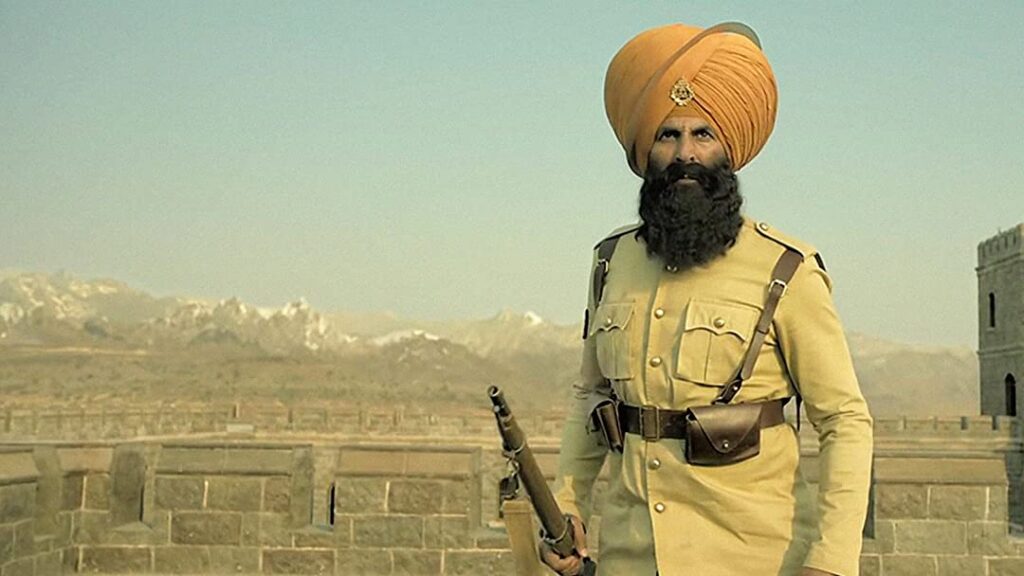
Based on an incredible true story of the Battle of Saragarhi in which an army of 21 Sikhs fought against 10,000 Afghans in 1897.
War films have always been an opportunity for the country producing them to really highlight the triumph of their side as a pitch for nationalistic pride. On some level that should at minimum work with the country of origin, in this case India, but I dare you to sit through Kesari and not be swept away with that same fervor for this unit’s efforts! What’s unique is in many ways the target of ire in this film is not even who these brave Indian Sikhs fight against, but is the British whose rule they are still under when this battle took place.
The Siege of Jadotville (2016)
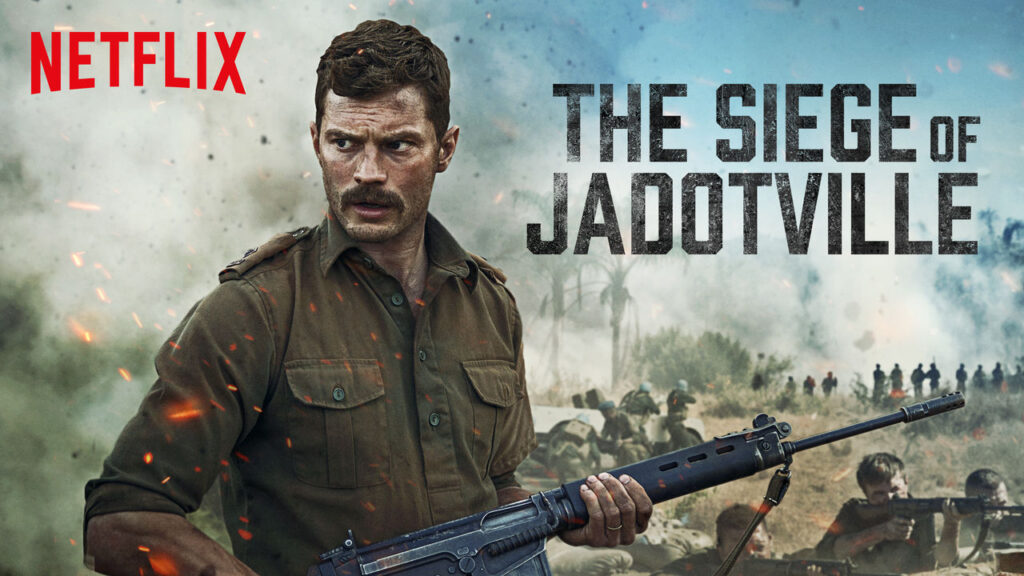
Irish Commandant Pat Quinlan leads a stand off with troops against French and Belgian Mercenaries in the Congo during the early 1960s.
The Siege of Jadotville to me went a bit under the radar upon its release; however, I certainly think its one of the stronger war films in recent years. In many ways to me it felt like it was a successor to Black Hawk Down, with its excellent cinematography in particular that makes you feel like you’re right alongside these soldiers. Likewise I remember some of the performances as well, including Dornan’s who I think did an excellent job. In a genre of film where everyone is just waiting for the battle to start, I think it says something when you at least know the characters first, and The Siege of Jadotville did that. Do I understand the geo-politics of the battle at the time any better? Perhaps not.
Zulu (1964)
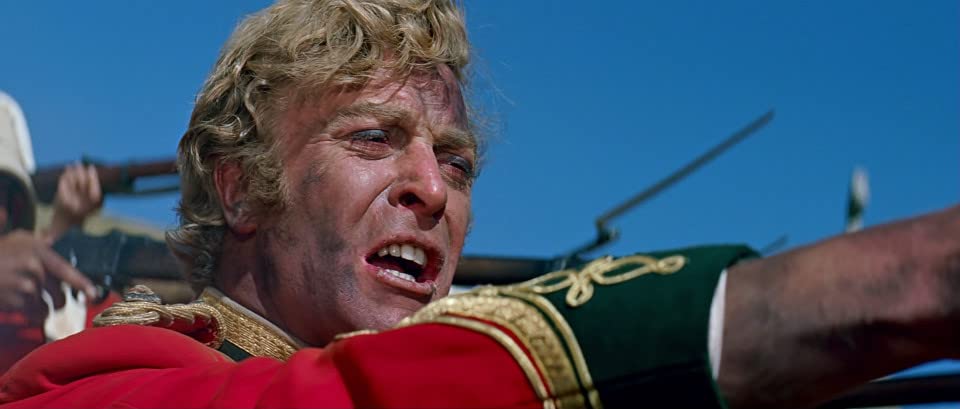
Outnumbered British soldiers do battle with Zulu warriors at Rorke’s Drift.
Before 300, if you were to ask about a famous film featuring a last stand in battle, you would be pointed right to Zulu. I will always remember Zulu as Michael Caine’s first major film role, but I also recall coming across it on a movie channel and for the first time realizing this was a film portraying what it’s like to be (at least for the short term) on the losing side of a war. Clearly I had not seen many American Vietnam war films yet. What’s perhaps most interesting now is how this film has continued to become embedded in the larger conversation regarding Imperialism, with the portrayal of the British and the Zulus in the film. While this is certainly a worthy discussion to have, what I’ve found increasingly with these style of films is that, though there may be at times respect paid to the other fighting army, that to be a nationalistic film as so many of these are is to remove the nuance that a critical discussion would undoubtedly need to include. Instead, I believe many of these films would like you to slip into the fog of war, and think ‘us’ or ‘them’, and they certainly hope you choose ‘us’.
